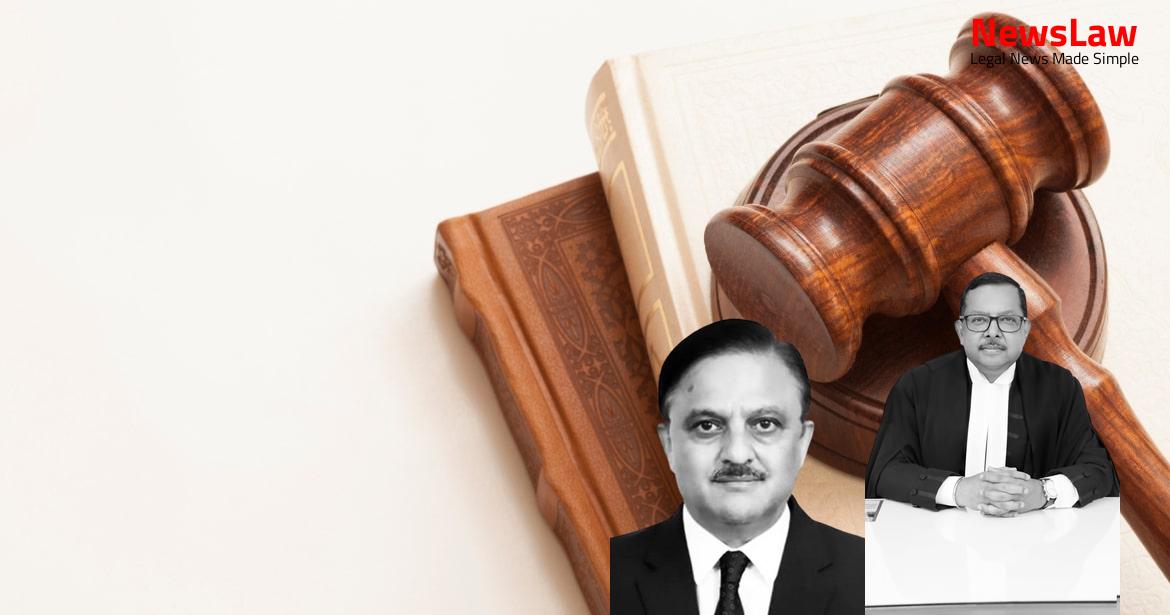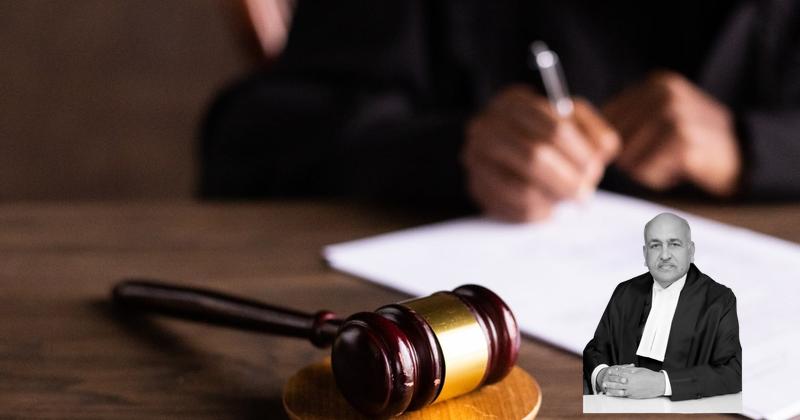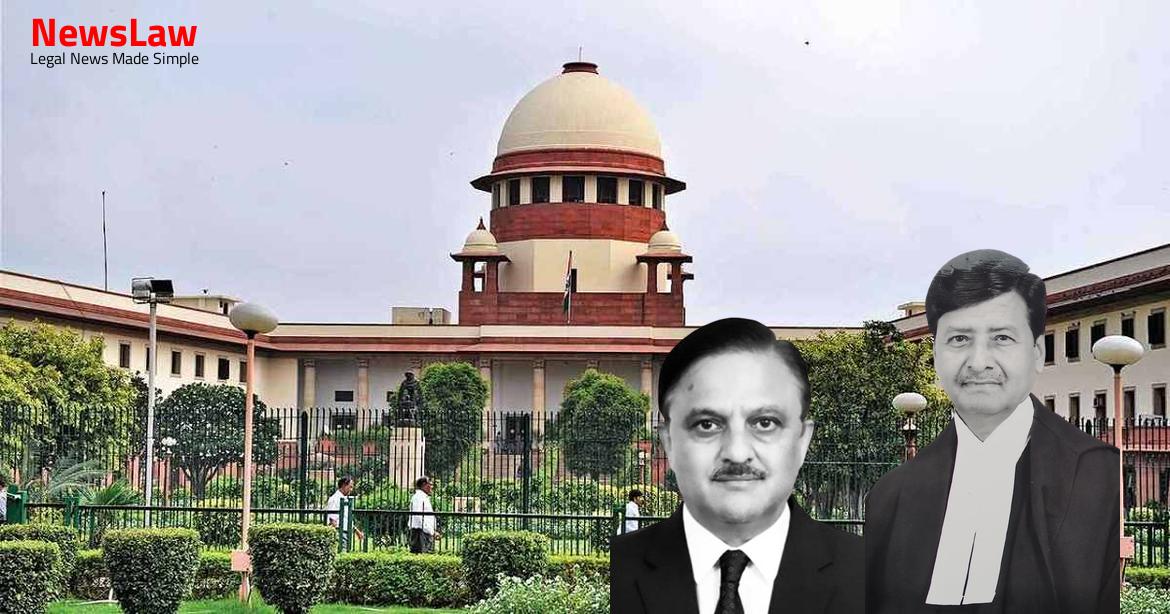The Balamurugan Murder Case involves the prosecution of the appellants for the assault and death of Balamurugan. The case highlighted police interference in witness testimonies, leading to the erroneous conviction of the accused. The High Court confirmed their life sentence, but now, the appellants have been acquitted due to substantial doubts raised about the integrity of the judicial process. The petitioner cited various cases to argue for the application of Exception 4 of Section 300 of IPC. The Director General of Police will conduct an enquiry into the misconduct. #BalamuruganCase #LegalJustice #PoliceMisconduct
Facts
- The prosecution case states that the deceased, Balamurugan, went to accused no.1’s house to inquire about the undelivered idlis.
- Accused no.1 assaulted the deceased with a billhook on his neck during a sudden fight.
- Eyewitnesses to the incident include PW-2, PW-3, PW-4 (sister of PW-1), and PW-5 (son of PW-4).
- The incident took place before 7 pm despite the FIR mentioning it at 10.30 pm.
- Both accused fled the scene after the assault.
- Accused no.2 was present at the spot during the altercation.
- The deceased had previously instructed accused no.1 to deliver idlis, which sparked the confrontation.
- High Court confirmed the conviction and life sentence of the appellants.
- Both appellants convicted for an offence under Section 302 read with Section 34 of the IPC.
Also Read: Ekene Godwin’s Bail Application Rejected: Legal Aid Advocacy Ordered
Arguments
- The petitioner relied on various decisions of the Court to support his argument.
- He mentioned cases such as No.15138812Y L/Nk Gursewak Singh v. Union of India & Anr, Ram Manohar Singh v. State of Uttar Pradesh, Ghapoo Yadav & Ors. v. the State of M.P., Sukhbir Singh v. State of Haryana, Sandhya Jadhav v. State of Maharashtra, Prakash Chand v. State of H.P., and Pulicherla Nagaraju v. State of A.P.
- The petitioner argued that Exception 4 of Section 300 of IPC should apply in this case.
- According to him, this would result in an offense under Part 1 of Section 304 of IPC.
- Accused no.1 entered deceased’s house after a dispute and assaulted him with a billhook, showing clear intention.
- Evidence of witnesses PW-2 to PW-5 is consistent and credible.
- Both accused chased the deceased, with accused no.2 holding him while accused no.1 delivered a fatal blow to the deceased’s neck.
- Exception 4 of Section 300 of IPC does not apply in this case.
- Deceased attempted to run away after being struck on the index finger by accused no.1.
Also Read: Annamalai v. State: Abetment of Suicide Case
Analysis
- The witnesses (PW-1 to PW-5) were closely related to the deceased and gave consistent testimonies about the incident in question.
- It is evident that these witnesses were likely tutored by the police, as they all provided the same version of events in their testimonies.
- The witnesses were taken to the Police Station a day before their testimonies were recorded in court and taught how to depose against the accused.
- This indicates a gross misuse of power by the police, and the withholding of other potential eyewitnesses adds to the suspicion of interference.
- The defense of the accused centered on their absence from the scene of the incident, contrasting with the eyewitness accounts.
- The failure of the prosecution to offer any explanation for the witnesses being tutored raises serious concerns about the integrity of the judicial process.
- The fact that all witnesses were relatives of the deceased further raises doubts about the impartiality and credibility of their testimonies.
- The Courts overlooked the crucial aspect of police interference with witnesses, which is a shocking disregard for the integrity of the legal process.
- Benefit of substantial doubt given to the appellants.
- Appellants incarcerated for more than 10 years before being enlarged on bail.
- Serious doubt raised about the genuineness of the prosecution case.
- Sessions Court and High Court erred in convicting the appellants.
Also Read: State of Delhi v. Silk Fabric Appellant
Decision
- The impugned judgments and orders are set aside.
- The appellants are acquitted of the offences alleged against them.
- The appeals are allowed.
- Appropriate action shall be initiated against the erring officials in accordance with the law.
- Bail bonds of the appellants stand cancelled.
- Director General of Police of the State of Tamil Nadu will conduct an enquiry into the conduct of the police officials who tutored PW-1 to PW-5 at the concerned Police Station.
Case Title: MANIKANDAN Vs. STATE BY THE INSPECTOR OF POLICE (2023 INSC 648 : 2023 SCC OnLine SC 882)
Case Number: Crl.A. No.-001609-001609 / 2011



